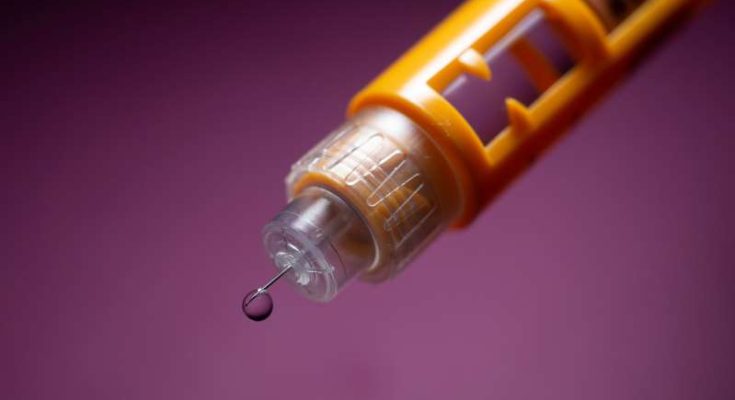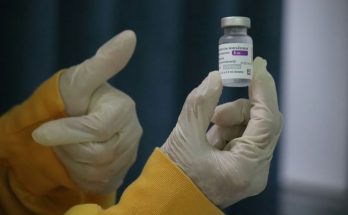#Chikungunya, #ChikungunyaVaccine, #FDA, #Ixchiq, #ValnevaAustriaGmbH
IBNS: The US Food and Drug Administration (FDA) has approved Ixchiq, the first chikungunya vaccine, for people above 18 and older at increased risk of exposure to the mosquito-borne virus.
The FDA’s approval of Ixchiq was granted to Valneva Austria GmbH, a biotechnology company based in Vienna.
Administered as a single muscle injection, the vaccine contains a weakened virus, causing symptoms similar to the disease.
The approval addresses a medical need for preventing severe chikungunya, especially in older adults and those with underlying conditions.
Peter Marks, the director of the FDA’s Center for Biologics Evaluation and Research, underscored the importance of this approval in addressing an unmet medical need and heralding a crucial advancement in preventing a potentially debilitating disease, especially given the limited treatment options available.
Effectiveness was confirmed through a clinical study, with common side effects including headache and fatigue.
The study evaluated the level of antibodies generated in 266 vaccinated participants, based on a protective level observed in non-human primates that had received blood from vaccinated individuals.
This immune response was then compared with that of 96 participants who received a placebo. In addition, the safety of Ixchiq was assessed through two clinical studies conducted in North America, involving around 3,500 participants, with reported side effects including headache, fatigue, and tenderness at the injection site.
Notably, the most common side effects reported were generally mild, such as headache, fatigue, muscle pain, joint pain, fever, nausea, and tenderness at the injection site.
However, approximately 1.6% of vaccine recipients exhibited severe chikungunya-like adverse reactions that impeded daily activities and/or required medical intervention, leading to hospitalisation in two cases. Some recipients experienced adverse reactions lasting at least 30 days.
The FDA granted approval via the Accelerated Approval pathway, with confirmatory studies and a postmarketing study required.





